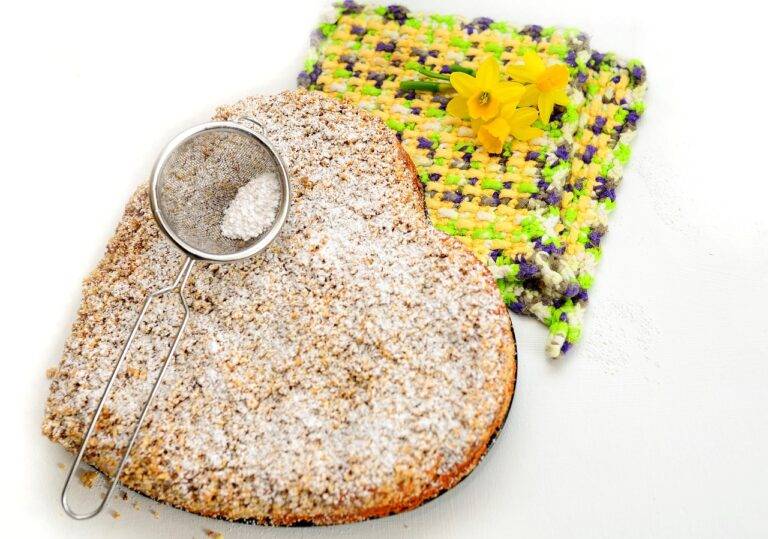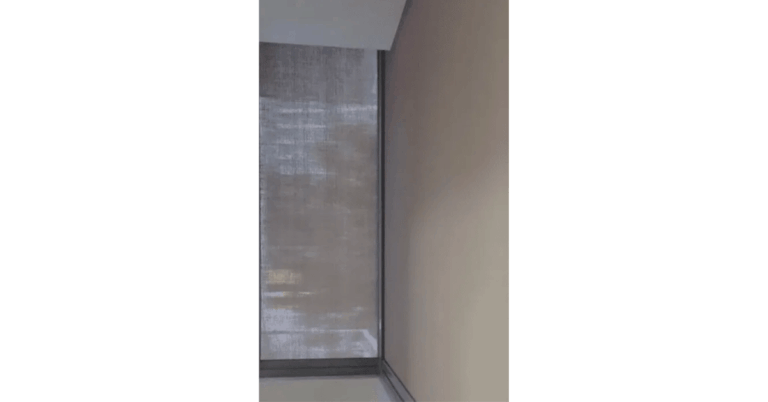The Art of Japanese Minimalism in Home Decor
Japanese minimalism in home decor is characterized by simplicity, cleanliness, and the concept of “less is more.” One of the key elements of this design style is the use of neutral colors such as white, beige, and grey to create a sense of calm and tranquility in the space. This minimalist approach also emphasizes the importance of decluttering, with a focus on keeping only essential items and avoiding excess decorations.
Another essential element of Japanese minimalism in home decor is the use of natural materials like wood, bamboo, and stone. These materials not only add warmth and texture to the space but also connect the interior with the natural world outside. In Japanese minimalist design, furniture is often low to the ground, creating a sense of openness and flow within the room. The overall goal is to create a space that promotes relaxation, mindfulness, and a sense of harmony with one’s surroundings.
Influences of Zen Buddhism in Japanese Minimalist Design
Zen Buddhism holds a central place in the development of Japanese minimalist design. Emphasizing simplicity, mindfulness, and tranquility, Zen principles have significantly influenced the way spaces are designed and decorated in Japan. The concept of minimalism in Zen Buddhism encourages individuals to focus on essential elements, promoting a sense of clarity and harmony in the living environment.
Furthermore, Zen teachings advocate for the importance of emptiness and negative space, which are reflected in Japanese minimalist design. By incorporating empty spaces into interior settings, designers create a peaceful atmosphere that allows for contemplation and relaxation. This notion of emptiness aligns with the Zen philosophy of letting go of attachments and embracing simplicity, resulting in clean, uncluttered living spaces that foster a sense of serenity and balance.
Principles of Wabi-Sabi in Japanese Home Decor
Wabi-Sabi, a cornerstone of Japanese aesthetics, celebrates imperfection, impermanence, and the beauty of natural materials. In Japanese home decor, embracing wabi-sabi means cherishing the simplicity and authenticity of objects, as well as the passage of time in both their appearance and use.
The essence of wabi-sabi lies in finding beauty in modesty, asymmetry, and the patina that comes with age. This principle encourages the use of organic materials such as wood, stone, and ceramics, which often display unique textures and variations that add character to a space.






